As humans, we forget that we need our planet to survive and, instead, consistently get involved in activities that contribute to its degradation in both small and larger ways. Today, we’ll talk about 21 habits everyone needs to cut down on to ensure a healthy planet.
Plastic Pollution

It’s an understatement to say that single-use plastics, like plastic bags and cutlery, are a major nuisance to the environment. According to National Geographic, “millions of animals are killed by plastics every year, from birds to fish to other marine organisms.” Enforcing a change to more sustainable options has been a struggle for many governments worldwide.
Overconsumption of Resources

Humans are consuming the earth’s natural resources at an unsustainable rate, with material, fuel, and food resource consumption more than tripling since 1970. This habit of overconsumption, which isn’t slowing down soon, has led to habitat destruction, loss of biodiversity, and increased pollution.
Deforestation
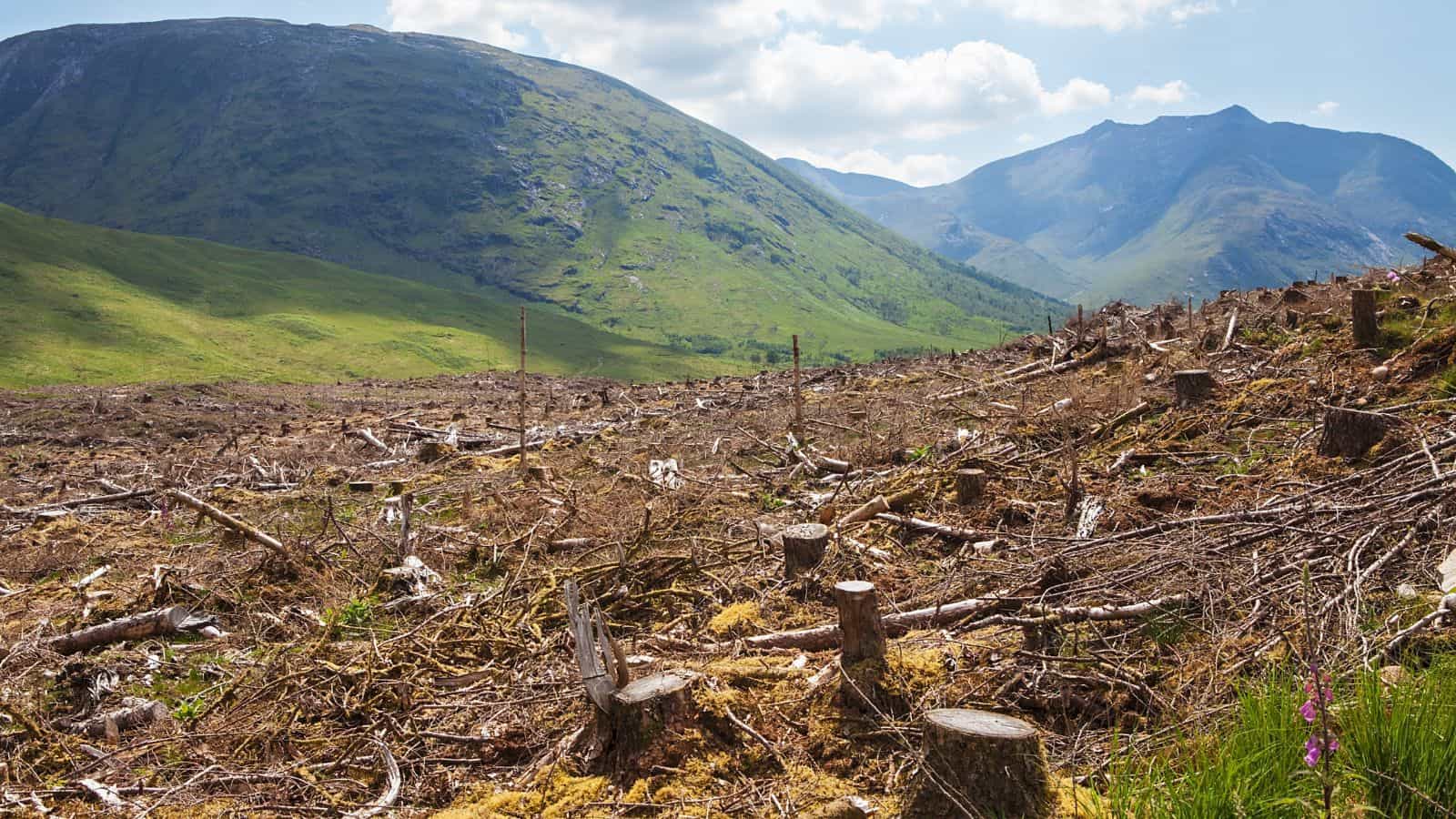
Forests are cleared for many reasons, whether for agriculture, logging, or even paper making. It’s sad that this doesn’t just destroy entire ecosystems; it also contributes to climate change due to the reduced absorption of carbon dioxide. Without policies for protection or reforestation, we will live in a world with poorer air quality and increased food insecurity.
Overreliance on Cars

Personal vehicle use contributes significantly to air pollution and greenhouse gas emissions into the atmosphere. Promoting public transportation, cycling, and walking can reduce the environmental impact of daily commutes. Additionally, supporting infrastructure improvements for sustainable transportation options and implementing carpooling initiatives can help decrease reliance on personal vehicles.
Fast Fashion

The fast fashion industry promotes a cycle of overproduction and waste, with cheap clothing often made with environmentally harmful materials and labor practices. Princeton University says that “the fashion industry is currently responsible for more annual carbon emissions than all international flights and maritime shipping combined.“ You can help reduce the industry’s footprint by supporting eco-conscious brands.
Industrial Agriculture
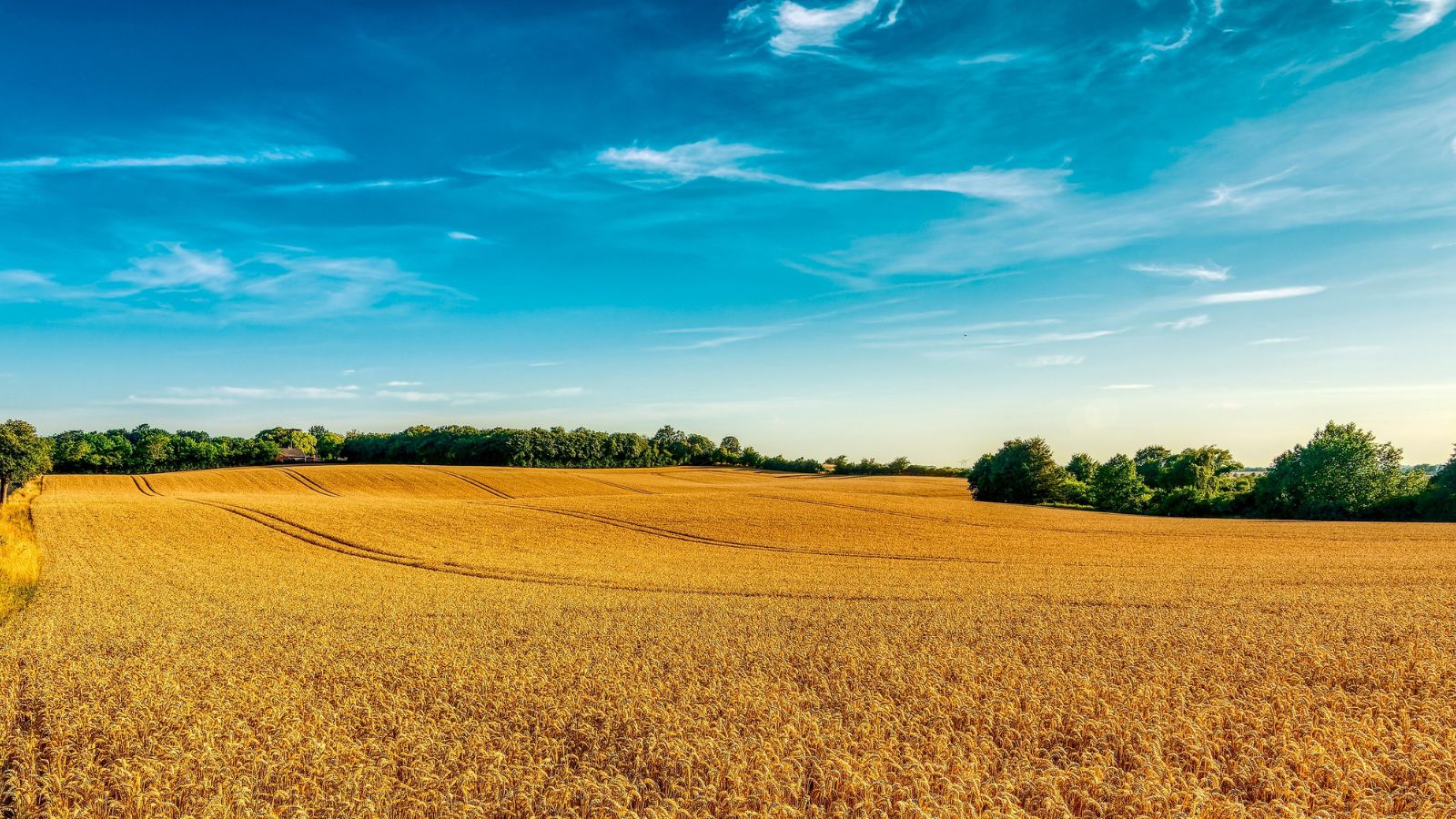
Large-scale farming practices often rely on chemical fertilizers and pesticides, which can contaminate soil and water sources. These methods also contribute to the loss of biodiversity. Sustainable farming practices, like organic farming, crop rotation, and permaculture, can enhance soil health, reduce the need for harmful chemicals, and also reduce the environmental impact of agriculture.
Air Travel

Not only does frequent flying significantly contribute to greenhouse gas emissions, but the aviation industry is also one of the fastest-growing sources of carbon pollution. Opting for alternative modes of transportation and reducing unnecessary flights can help lower our carbon footprint. By supporting the development of greener aviation technologies and carbon offset programs, we can further mitigate the impact of air travel.
Overfishing
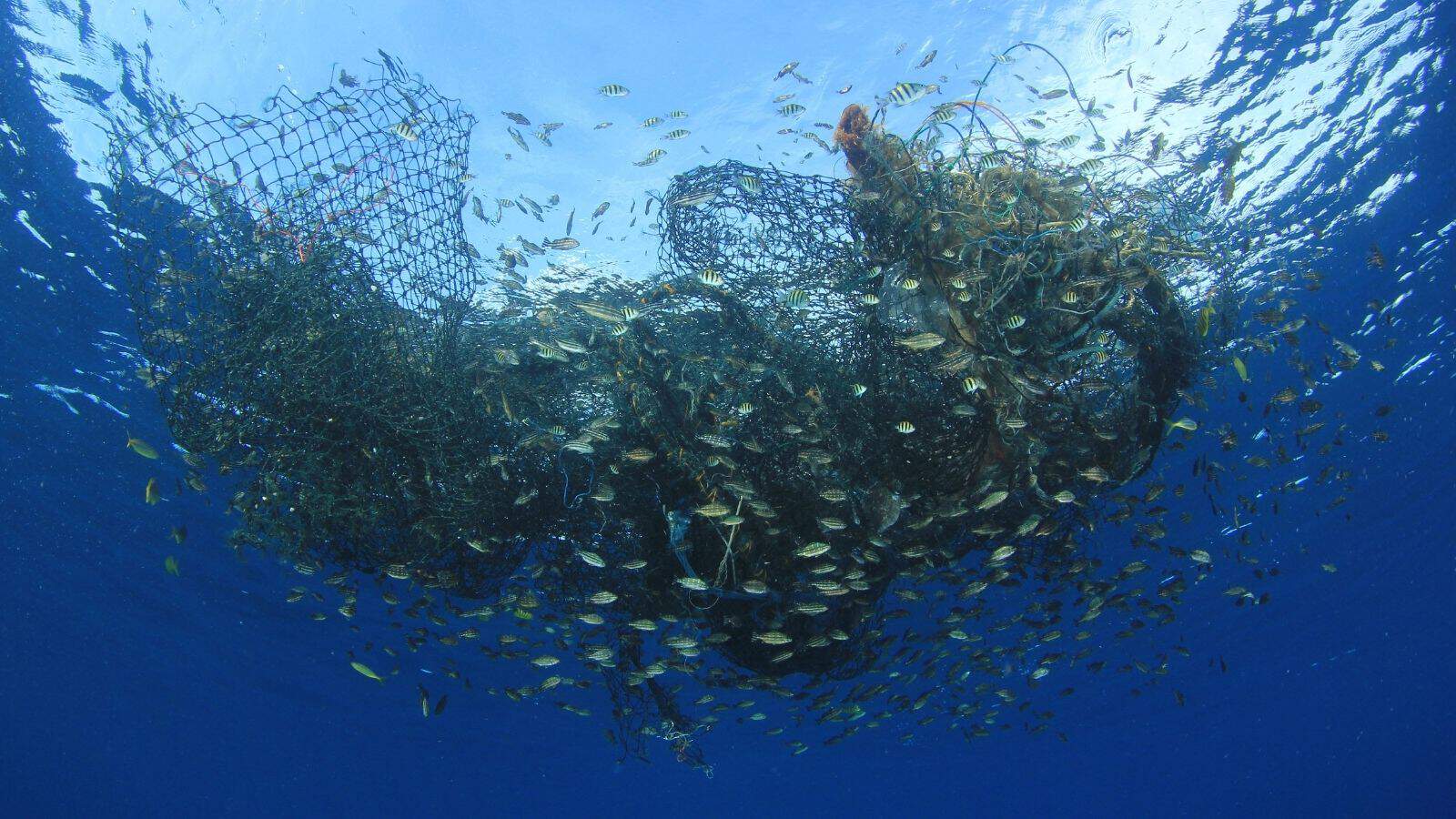
The demand for seafood has led to overfishing, depleting fish populations, and disrupting marine ecosystems. Sustainable fishing practices and reducing the consumption of overfished species are essential for preserving ocean health. By promoting aquaculture and supporting sustainable seafood certifications, we can maintain fish populations and protect marine biodiversity.
Electronic Waste

Discarding electronics improperly leads to toxic chemicals leaching into the environment, so recycling e-waste responsibly can help mitigate this issue. Additionally, reducing the frequency of electronic upgrades can lessen the environmental impact. You can support electronic take-back programs and purchase refurbished or longer-lasting electronics to help reduce e-waste.
Water Waste

Excessive water use strains freshwater resources and disrupts natural ecosystems. Simple actions like fixing leaks, using water-efficient appliances, and being mindful of water consumption can significantly reduce water waste. Implementing water-saving technologies and policies that promote conservation can also ensure a sustainable water supply for future generations.
Fossil Fuel Dependency
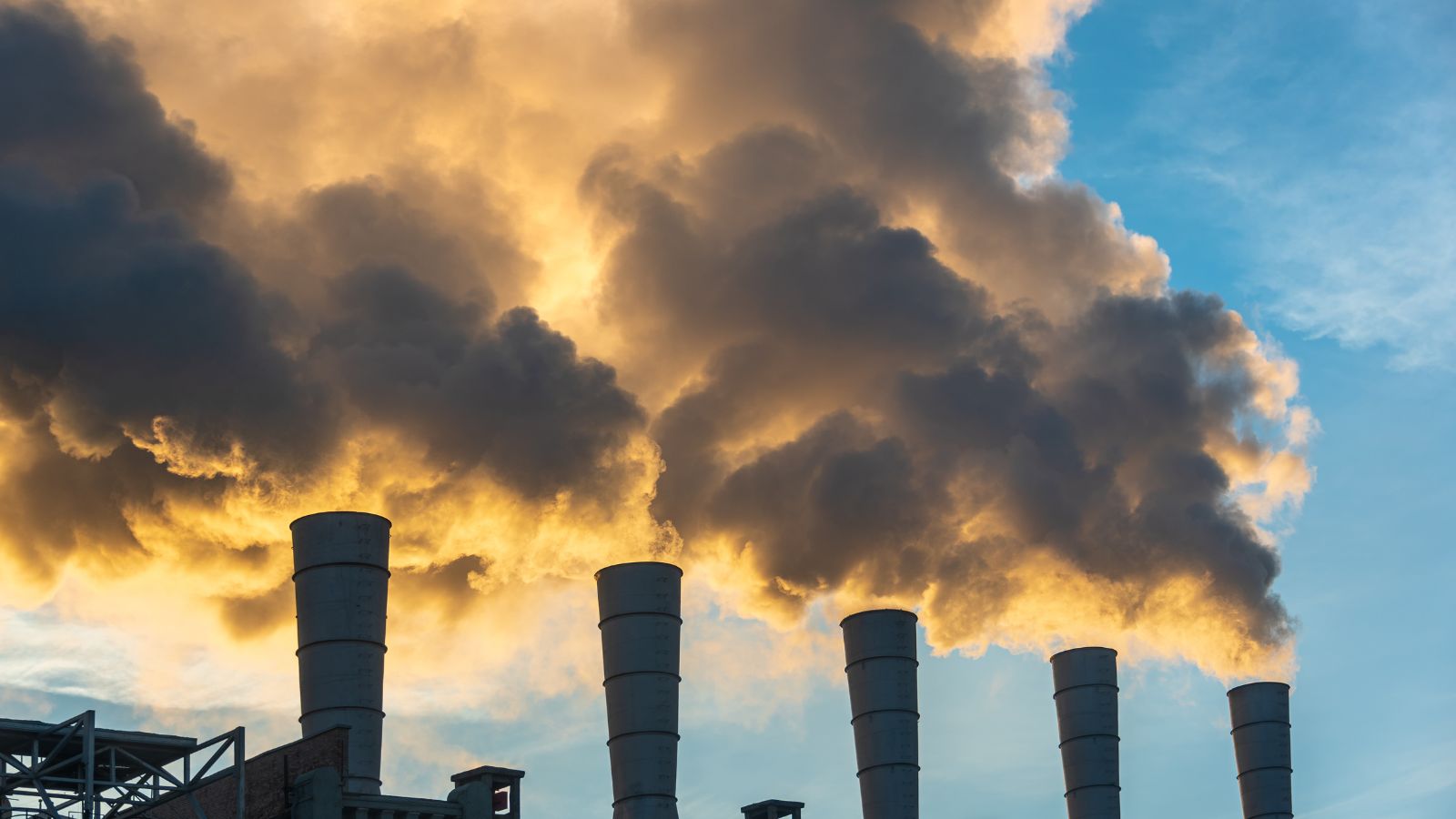
Reliance on fossil fuels for energy contributes to air pollution and climate change, so we need to transition quickly to renewable energy sources such as solar, wind, and hydroelectric power to reduce our greenhouse gas emissions. Supporting investments in clean energy infrastructure and incentivizing energy efficiency in homes and businesses are critical steps to reduce fossil fuel dependency.
Urban Sprawl
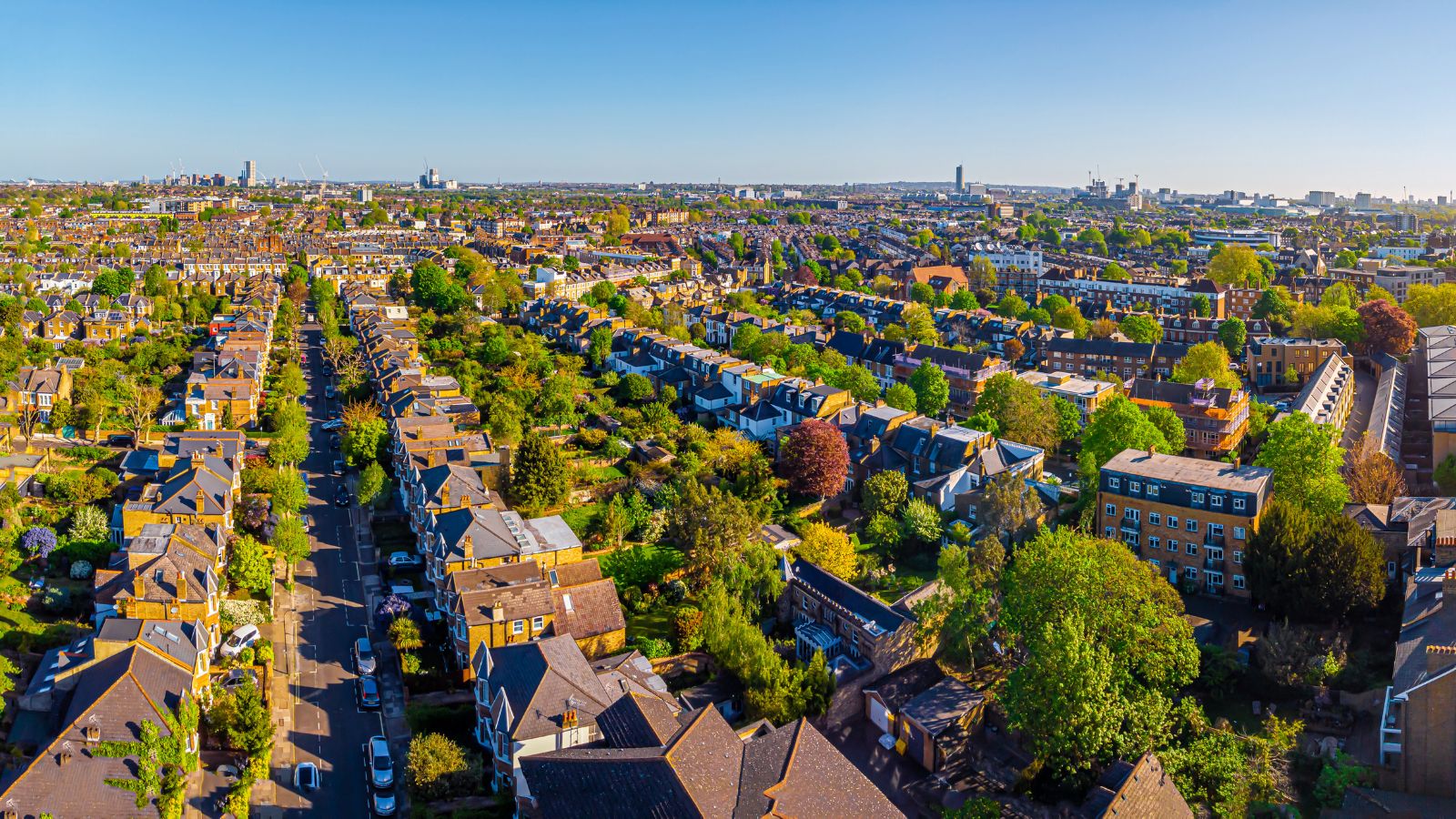
The expansion of urban areas into natural habitats leads to habitat loss and increased pollution. Sustainable urban planning and development can help balance human needs with environmental preservation. Implementing green spaces, promoting higher-density housing, and enhancing public transportation can create more sustainable and livable cities.
Chemical Use in Households

Many household cleaning products contain harmful chemicals that can pollute water sources. To protect the environment, people need to switch to using eco-friendly cleaning products and reduce the use of harsh chemicals. Opting for natural cleaning alternatives and increasing awareness of the environmental impact of household chemicals can lead to healthier homes and ecosystems.
Meat Consumption

The meat industry is a major contributor to deforestation, water use, and greenhouse gas emissions. Reducing meat consumption and opting for plant-based diets, such as plant-based proteins and cultured meat, significantly lessens the environmental burden and contributes to a more sustainable food system.
Loss of Wetlands

Wetlands are vital for maintaining biodiversity and water quality, but human activities like agriculture and urban development have destroyed many of them. Protecting and restoring these areas is crucial for environmental health, and by supporting wetland conservation projects and implementing policies to prevent further destruction, we can help preserve these essential ecosystems.
Mining Activities
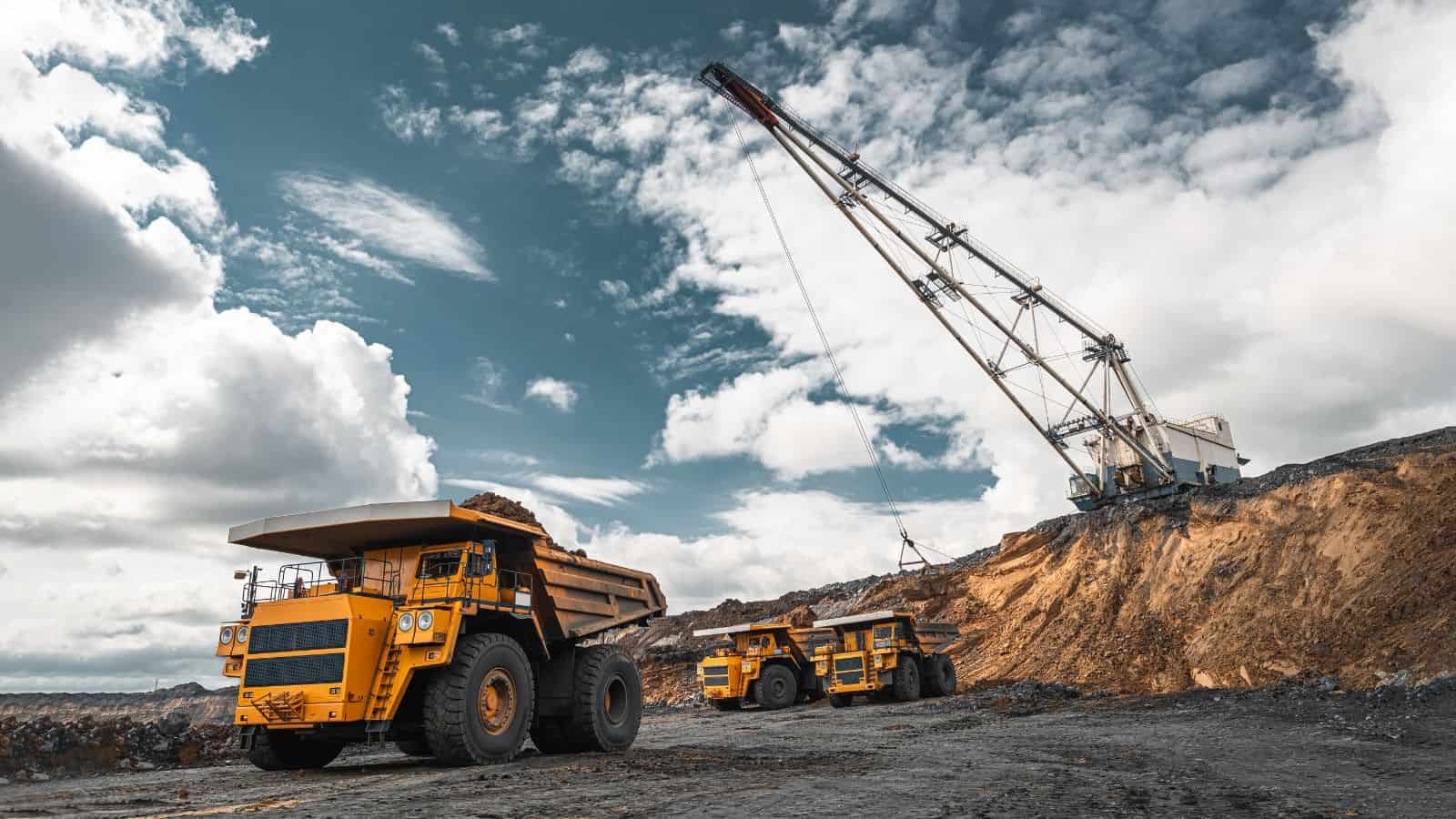
Mining for minerals and fossil fuels causes significant land degradation and pollution. Sustainable mining practices and reducing the demand for mined materials can help minimize environmental damage. You can also support metal recycling programs and promote the use of alternative materials to help reduce the need for new mining operations.
Light Pollution

Excessive artificial lighting disrupts ecosystems and contributes to energy waste, while using energy-efficient lighting and reducing unnecessary outdoor lighting can help mitigate light pollution. Implementing dark sky policies and encouraging the use of motion sensors and timers for outdoor lighting can protect nocturnal wildlife and conserve energy.
Sound Pollution

Human activities generate noise that can disrupt wildlife and human health. We can implement noise reduction measures to protect natural soundscapes and create quiet zones around our homes or cities. Supporting policies that limit noise pollution in urban areas and promoting awareness of its impact can contribute to a healthier environment for all living beings.
Overuse of Fertilizers
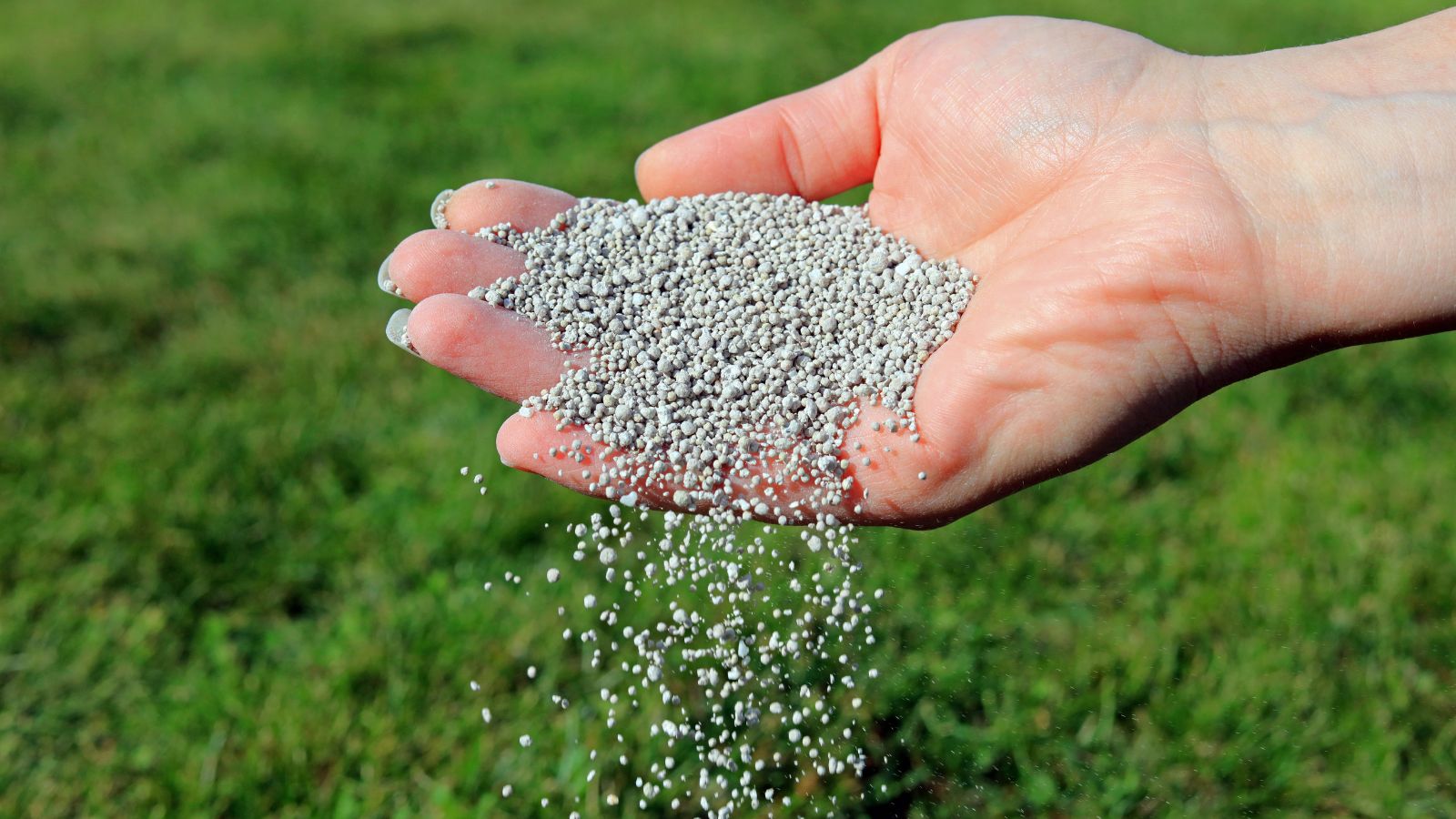
Yes, we need them to grow crops, but the excessive use of chemical fertilizers in agriculture can lead to nutrient pollution in water bodies—pollution known to cause harmful algal blooms and dead zones. Adopting organic farming practices can reduce this environmental impact, and encouraging the use of compost and natural fertilizers can enhance soil fertility without harming ecosystems.
Construction Pollution

Construction activities generate significant dust, noise, and waste, impacting air and water quality. Implementing green building practices and minimizing waste can help reduce construction projects’ environmental footprint. We can all support the use of sustainable materials and technologies in construction to promote more environmentally friendly development practices.
Up Next: 19 Things You Didn’t Realize Are Against The Law

Most laws are common sense, like those involving theft, property damage, or violence, but there are many lesser-known regulations that most people aren’t even aware of. This article reveals 19 illegal acts that may inadvertently turn you into a common criminal. Remember, ignorance of the law is no excuse for breaking it!
19 Things You Didn’t Realize Are Against The Law
18 Most Common Reasons Why Women Leave Their Husbands

All women have different preferences when it comes to their relationships and marriages. However, there are many universal behaviors, traits, and habits that commonly drive them to divorce. This list unveils the 18 most common reasons why women leave their husbands.
18 Most Common Reasons Why Women Leave Their Husbands
17 Behaviors That Make People Think Less of You

If you want to be accepted by those around you, you have to behave in certain ways. Obviously, you should still be yourself, but there are certain social ‘rules’ people should abide by, like avoiding these 17 behaviors that make people think less of you.

